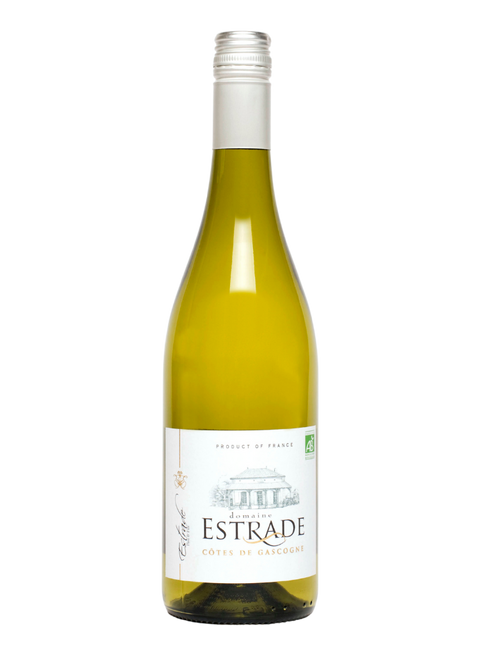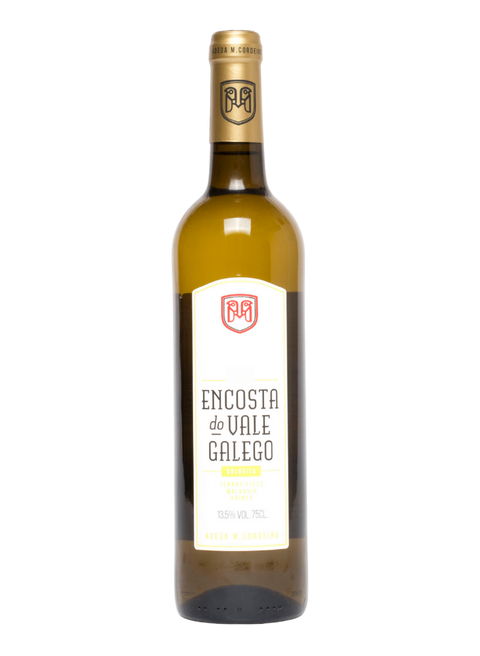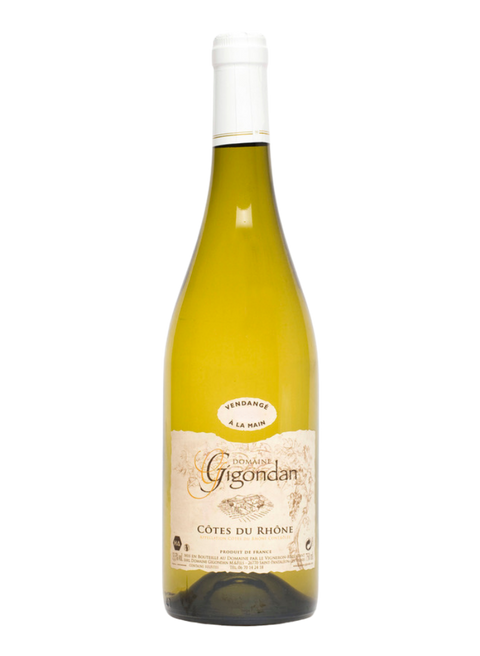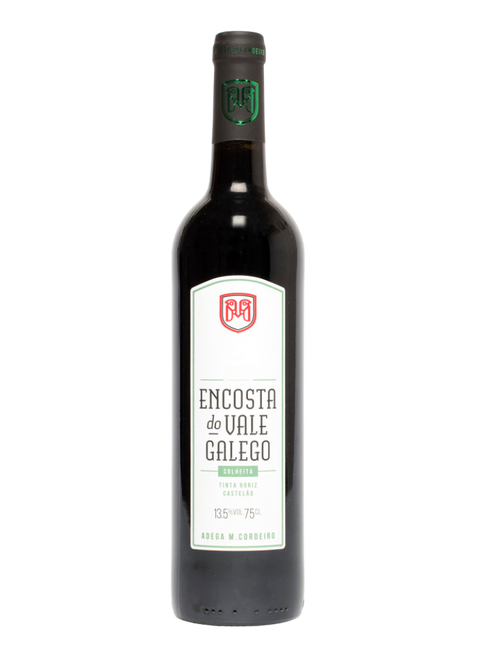Under the Surface: Certifications Explained
Both organic and biodynamic wines avoid synthetic chemicals and genetically altered vines treating the wines and the vines with care. Growers make natural compost, follow nature’s calendar, and focus on healthy soil. Research points to real environmental gains such as stronger soils and vibrant microbial life. Many small growers rely on these hands-on methods. For them, healthy vines always start with healthy soil and balanced biodiversity. Whether they go on to obtain Organic certification from a government body, is quite another question. Once a grower signs up for one of these, the bureaucracy and costs quickly mount up - and some of the rules may seem non-sensical or counter productive. For this reason, there is a growing movement among serious wine growers, to move away from this type of one size fits all certification, and rely on their deep love and concern for their wines and their land, using the natural methods they've used for generations.
Biodynamic certification goes deeper. It treats the vineyard as a complete ecosystem, and every practice must be carried out in accordance with strict rules, although it is hard to explain exactly what it is or how it works. It comes from a base of organic agriculture, with a healthy dose of spiritual philosophy thrown in and is based on the teachings of Rudolph Steiner (of schools and education fame). Vineyards who practice this make their own homeopathic tinctures to treat the vines and carry out the various vineyard functions at specific times of the day or night according to the position of the planets and the cycle of the moon. Again, we represent many growers who follow some or all of these principles, but do not feel the need to become 'certified'.
The problem with certification
Once the regulators get their hands on a concept - what started off as a perfectly reasonable way to stop charlatans from using words like organic for wines that were far from, becomes something else entirely. Take the concept of cross-contamination. Wine is largely bottled and boxed, so the product never touches any non organic product of the same style, and yet this concept is still rooted in the way in which government departments regulate the industry - making checks on offices and warehouses, and charging vasts sums to do so. I've heard farmers complain that when they were fined for washing their tractor with washing up liquid, or obliged to buy factory made fertilisers which were themselves organic certified, they just gave up. This is not what they signed up for.
This may explain too the fact that organic certification in itself is no longer a reasonable way of determining the quality of a wine, because it is becoming more common in wines that are mass produced, to fairly poor standards in some cases, and yet still tick all the regulation boxes. Over dosing the fields with copper sulphate, for example - which you may have noticed while driving through large scale wine regions for example. Copper Sulphate is a natural product, but it can take years to work its way through the soil, and in my view, leaves an aftertaste in the wine.
Organic and biodynamic wines are fabulous, but relying solely on certification will not necessarily provide you with any guarantees of taste, style, balance or overall quality.
Organic wine trends
There have been plenty of studies carried out over the last decade, looking at the rise in popularity of organic wines, and many point to the fact that the growth has been fuelled by a younger generation of wine drinkers. An article that appeared in the IWC's publication The Canopy, for example, looked at the results of research carried out in 2021, which backs this up and when IPSOS surveyed 3,000 people across France, Germany and the UK, "around 46% of under-35s have already consumed organic wine: compared to just 38% of over 55s". Read the full article by Rachel Arthur here. It seems, therefore, that while people are actively looking for guarantees about what is going into their wines, and how it is made, we are a long way from being able to guarantee a fruitful experience by certification alone.
















Comments (0)
There are no comments for this article. Be the first one to leave a message!